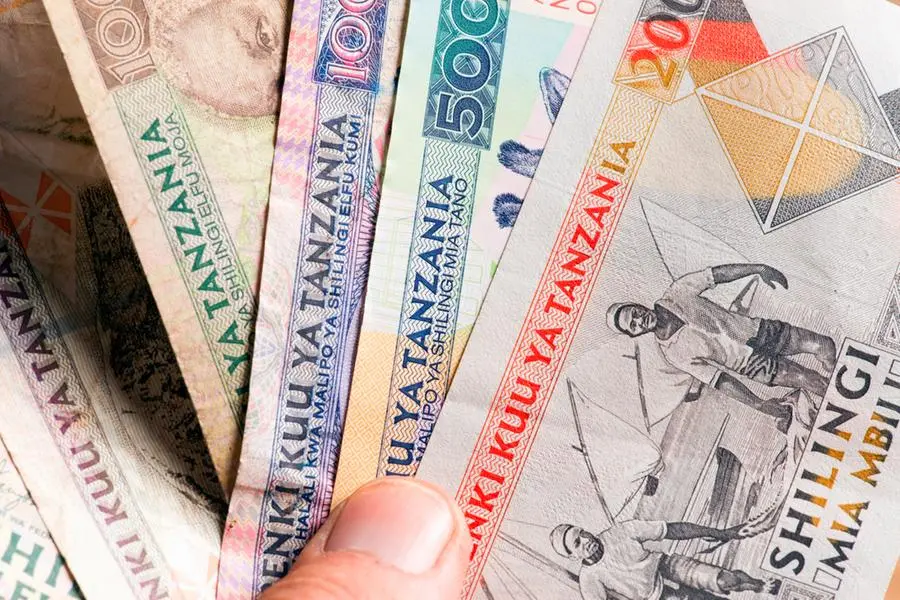PHOTO
The Bank of Tanzania (BoT) has launched a crackdown on clandestine online lending services as part of a wider move to tighten regulatory structures for digital lending operations in the country.
According to BoT officials, only four out of 20 formal licence applications had been approved by November 14 under stricter guidelines introduced in August to address shortcomings identified in the conduct of digital microfinance activities.
The central bank is also working with the Tanzania Communications Regulatory Authority (TCRA) to shut down 69 other lenders found to be operating mobile phone apps for online loans under the radar.
Mary Ngassa, the BoT's assistant manager for microfinance, said the move was backed by evidence that the market for digital loan products had been flooded with merchants who were violating the 2018 Microfinance Act to the extent of hurting legitimate traditional and digital lending activities.
According to Ms Ngassa, this includes instances of debt collectors under their auspices subjecting borrowers to public harassment, including the use of abusive language and, in some cases, physical assault resulting in injury.
The central bank published a guidance note on August 27 to ensure that Tier 2 microfinance service providers adhered to consumer protection principles and regulations on transparency, pricing, debt collection practices, personal data protection and customer privacy.
Licence approvalsDigital lenders fall under this category, which under the Act, covers non-deposit taking microfinance service providers, as opposed to Tier 1 (microfinance banks), Tier 3 (Saccos) and Tier 4 (community microfinance groups).
The guidances cover areas such as placing caps on loan fees and other charges, pursuing ethical debt recovery practices that do not abuse or threaten borrowers, ensuring their data remains private, and setting up a desk at the central bank to handle borrower complaints of harassment.
The bank warned Tier 2 service providers who fail to comply with the note's requirements that they would be hit by administrative sanctions such as stiff financial penalties, suspension of their digital lending services, and/or revocation of their business licences.
According to BoT's acting manager of microfinance supervision Dickson Gama, in addition to the four licences already issued to companies and individuals to operate digital lending services, three more applications are in the final stages of approval after verification they met the criteria.
Mr Gama said excessive fees and interest rates, lack of interest rate transparency, limited debt payment periods, and the use of unethical methods to recover debts need to be urgently addressed.
According to BoT, other challenges include abusive debt recovery practices, inadequate identification of service providers and data privacy issues."These challenges have led to significant issues, including consumer protection concerns, market instability, financial vulnerability, and damage to the credibility of the microfinance sub-sector," the bank said in its guidance blueprint.
Ms Ngassa said BoT was also in the process of introducing more initiatives to increase public awareness of services offered by properly licensed providers rather than unauthorised lenders.
Digital lending services provided through websites and smartphone applications are gaining popularity in Tanzania because of the ease with which funds can be accessed quickly compared to traditional lending services offered by commercial banks and financial institutions.
According to the central bank, the growing demand for fast and streamlined credit with fewer procedures has triggered a rapid growth in such services. which is further enhanced by constantly evolving innovations as technology advances.
© Copyright 2022 Nation Media Group. All Rights Reserved. Provided by SyndiGate Media Inc. (Syndigate.info).




















